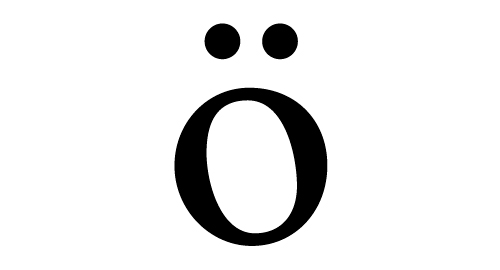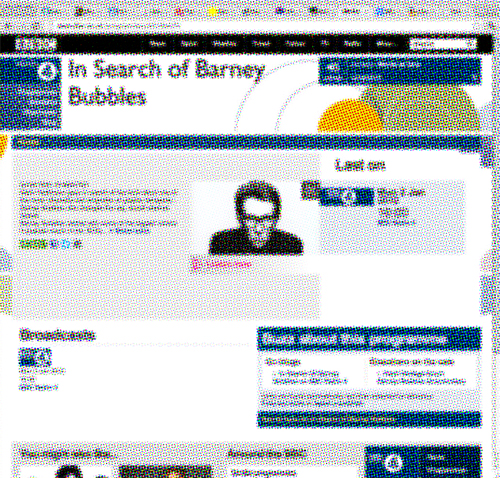I have made my most memorable purchases on trips, as a transient. Property and possession belong to the tactical sphere. Collectors are people with a tactical instinct; their experience teaches them that when they capture a strange city, the smallest antique shop can be a fortress, the most remote stationery store a key position. How many cities have revealed themselves to me in the marches I undertook in the pursuit of books!
I am unpacking my library. Yes, I am. The books are not yet on the shelves, not yet touched by the mild boredom of order. I cannot march up and down their ranks to pass them in review before a friendly audience. You need not fear any of that. Instead, I must ask you to join me in the disorder of crates that have been wrenched open, the air saturated with the dust of wood, the floor covered with torn paper, to join me among piles of volumes that are seeing davlight again after two years of darkness, so that you may be ready to share with me a bit of the mood – it is certainly not an elegiac mood but, rather, one of anticipation – which these books arouse in a genuine collector. For such a man is speaking to you, and on closer scrutiny he proves to be speaking only about himself. Would it not be presumptuous of me if, in order to appear convincingly objective and down-to-earth, I enumerated for you the main sections or prize pieces of a library, if I presented you with their history or even their usefulness to a writer? I, for one, have in mind something less obscure, something more palpable than that; what I am really concerned with is giving you some insight into the relationship of a book collector to his possessions, into collecting rather than a collection. If I do this by elaborating on the various ways of acquiring books, this is something entirely arbitrary. This or any other procedure is merely a dam against the spring tide of memories which surges toward any collector as he contemplates his possessions. Every passion borders on the chaotic, but the collector’s passion borders on the chaos of memories. More than that: the chance, the fate, that suffuse the past before my eyes are conspicuously present in the accustomed confusion of these books. For what else is this collection but a disorder to which habit has accommodated itself to such an extent that it can appear as order? You have all heard of people whom the loss of their books has turned into invalids, or of those who in order to acquire them became criminals. These are the very areas in which any order is a balancing act of extreme precariousness. “The only exact knowledge there is,” said Anatole France, “is the knowledge of the date of publication and the format of books.” And indeed, if there is a counterpart to the confusion of a library, it is the order of its catalogue.
[...]
ActualIy, inheritance is the soundest way of acquiring a collection. For a collector’s attitude toward his possessions stems from an owner’s feeling of responsibility toward his property. Thus it is, in the highest sense, the attitude of an heir, and the most distinguished trait of a collection will always be its transmissibility. You should know that in saying this I fully realize that my discussion of the mental climate of collecting will confirm many of you in your conviction that this passion is behind the times, in your distrust of the collector type. Nothing is further from my mind than to shake either your conviction or your distrust. But one thing should be noted: the phenomenon of collecting loses its meaning as it loses its personal owner. Even though public collections may be less objectionable socially and more useful academically than private collections, the objects get their due only in the latter. I do know that time is running out for the type that I am discussing here and have been representing before you a bit ex officio. But, as Hegel put it, only when it is dark does the owl of Minerva begin its flight. Only in extinction is the collector comprehended.
[...]
O bliss of the collector, bliss of the man of leisure! Of no one has less been expected, and no one has had a greater sense of well-being than the man who has been able to carry on his disreputable existence in the mask of Spitzweg,’s “Bookworm.” For inside him there are spirits, or at least little genii, which have seen to it that for a collector – and I mean a real collector, a collector as he ought to be – ownersliip is the most intimate relationship that one can have to objects. Not that they come alive in him; it is he who lives in them. So I have erected one of his dwellings, with books as the building stones, before you, and now he is going to disappear inside, as is only fitting.
Walter Benjamin
From Walter Benjamin: “Unpacking my Library: A Talk about Book Collecting,” in Illuminations, Engl. trans. (London: Fontana, 1982), pp. 59-60, 63, and 66-67.


